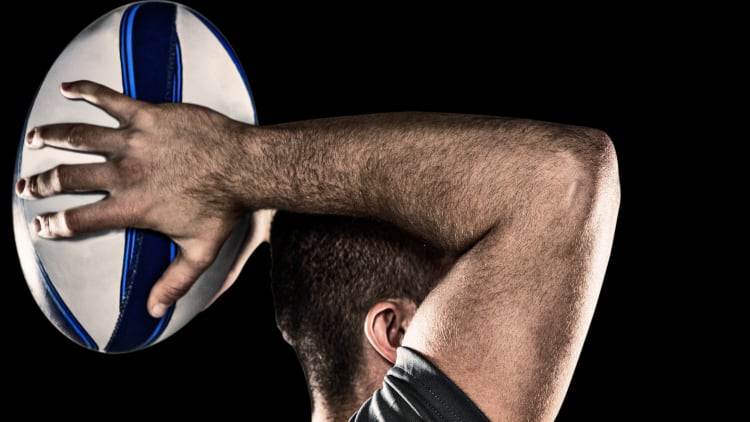The first trial, conducted in mice, appears in Gut Microbes, while the subsequent human study is published in Medicine & Science in Sports & Exercise.
Exercise-induced gut flora composition changes in mice were subsequently replicated in humans, found the research team from University of Illinois at Urbana-Champaign, Urbana.
The team used the mouse study to test the hypothesis that exercise could modify the gut bacteria profile, even when dietary intake remained unchanged.
Germ-free mice given faecal transplants from other mice who had undergone exercise, showed significant differences in gut bacteria composition, metabolic parameters, colon inflammation and weight compared with controls (sedentary mice).
"That proved to us that the transplant worked," said co-lead researcher Professor Jeffrey Woods.
Additionally, exercise-trained mice showed reduced symptoms of chemically-induced colitis compared with the inactive controls.
"We found that the animals that received the exercised microbiota had an attenuated response to a colitis-inducing chemical. There was a reduction in inflammation and an increase in the regenerative molecules that promote a faster recovery," commented Dr. Jacob Allen who led the studies together with Woods.
Allen is now a postdoctoral researcher at Nationwide Children's Hospital in Columbus, Ohio.
Applicable in humans too
Having validated the hypothesis that exercise modifies the gut microbiome in mice, the researchers went on to see if the same effect was applicable in humans.
After six weeks of progressively more intense cardiovascular exercise, participants showed an increase in diversity of gut bacteria, and faecal concentrations of short-chain fatty acids (SCFAs), particularly butyrate.
However, these increases were only statistically significant in lean participants. Changes in obese subjects were much less dramatic and not statistically significant.
Participants’ gut microbiota composition gradually reverted to baseline levels after six weeks of sedentary behaviour following the end of the exercise regime.
“Exercise training induces compositional and functional changes in the human gut microbiome that are dependent on obesity status and reliant on the sustainment of exercise,” noted the researchers.
Sequencing analysis also showed that changes in the metabolites produced by the microbiota correlated with changes in bacterial genes and numbers of species capable of SCFA production.
The team observed differences in the gut microbial response of lean and obese subjects throughout the study, during which time the trial participants maintained their usual dietary patterns.
"The bottom line is that there are clear differences in how the microbiome of somebody who is obese versus somebody who is lean responds to exercise," Woods said. "We have more work to do to determine why that is."
"These are the first studies to show that exercise can have an effect on your gut independent of diet or other factors," he added.
The researchers concluded by suggesting that the findings could facilitate the understanding of how the body responds to exercise.
“The data presented indicate that exercise-induced changes in the gut microbiota and faecal SCFAs are valuable prognostic features that are integral to understanding the overall physiological response to exercise training in humans.”

IPA World Congress + Probiota 2018
Sports, exercise and the microbiome will take centre stage at the forthcoming IPA World Congress + Probiota 2018 in Barcelona on February 7-9.
The rapidly evolving universe of probiotics, prebiotics and the microbiome will be discussed in-depth. From microbiome advances, to start-up game changers, market stats, crucial clinical science and regulatory knowledge, this is a congressional must-have.
Will you be joining your peers in one of Europe’s great cities?
Source (Animal Study): Gut Microbes
Published online, doi: 10.1080/19490976.2017.1372077
“Exercise training-induced modification of the gut microbiota persists after microbiota colonization and attenuates the response to chemically-induced colitis in gnotobiotic mice”
Authors: J.M. Allen, J.A Woods et al
Source (Human Study): Medicine & Science in Sports & Exercise
Published online ahead of print, doi: 10.1249/MSS.0000000000001495
“Exercise-induced shifts in the gut microbiome and associated metabolites are dependent on obesity status”
Authors: J.M. Allen, J.A Woods et al

